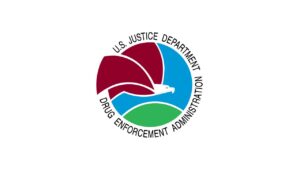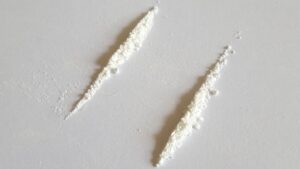Destination Hope Blog
Your source for Florida addiction and mental health information
Featured Article
Gender-Specific Approaches to Addiction Treatment and Recovery
In the field of addiction treatment, one size does not fit all. Recognizing the unique needs and experiences of different demographics is crucial for providing effective care. One of the most significant factors influencing addiction development, treatment needs, and recovery

Gender-Specific Approaches to Addiction Treatment and Recovery
In the field of addiction treatment, one size does not fit all. Recognizing the unique needs and experiences of different demographics is crucial for providing

Addressing Co-Occurring Disorders in Addiction Treatment
One of the most significant challenges faced by healthcare professionals in addiction treatment is the prevalence of co-occurring disorders. Also known as dual diagnosis, these

Managing Chronic Pain Without Opioids in Recovery
For individuals in recovery from opioid addiction, managing chronic pain presents a unique challenge. The need to address persistent pain while maintaining sobriety requires a

Setting Healthy Boundaries in Recovery
Recovery from addiction is a transformative journey that involves not only abstaining from substances but also rebuilding relationships and creating a healthier lifestyle. One crucial

The Importance of Self-Care in Maintaining Sobriety
Achieving sobriety is a significant milestone in the journey of recovery from addiction. However, maintaining long-term sobriety requires ongoing effort and dedication. One crucial aspect

Overcoming the Stigma of Addiction and Seeking Help
Addiction is a complex disease that affects millions of people worldwide. Despite its prevalence, those struggling with substance use disorders often face significant barriers to

How to Handle a Loved One’s Relapse and Support Their Recovery
When a loved one relapses after a period of sobriety, it can feel devastating for family and friends. However, understanding relapse as a potential part

The Link Between Addiction and Trauma
Addiction and trauma often go hand in hand, creating a complex web of psychological and physiological challenges for those affected. At Destination Hope, we recognize

What Is the DEA?
The Drug Enforcement Administration, commonly known as the DEA, plays a crucial role in the United States’ efforts to combat drug trafficking and substance abuse.

Cocaine Withdrawal Symptoms
Cocaine, a powerful stimulant drug, can lead to severe physical and psychological dependence. When someone who has developed a cocaine addiction stops using the drug,

Understanding Kratom and Kratom Addiction
Kratom is an herbal substance that has gained popularity in recent years as an alternative medicine and recreational drug. While often touted as a “natural”

Does Kratom Show Up in a Drug Test?
Kratom, an herbal supplement derived from the leaves of a Southeast Asian tree, has gained popularity in the U.S. for its stimulant and opioid-like effects.



